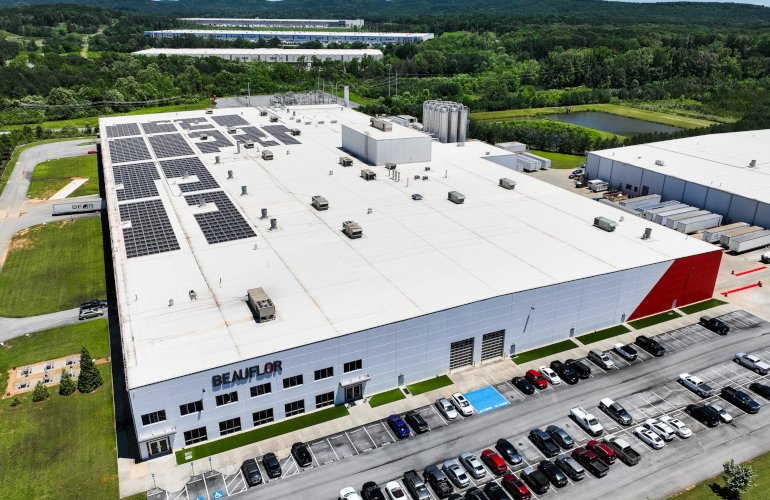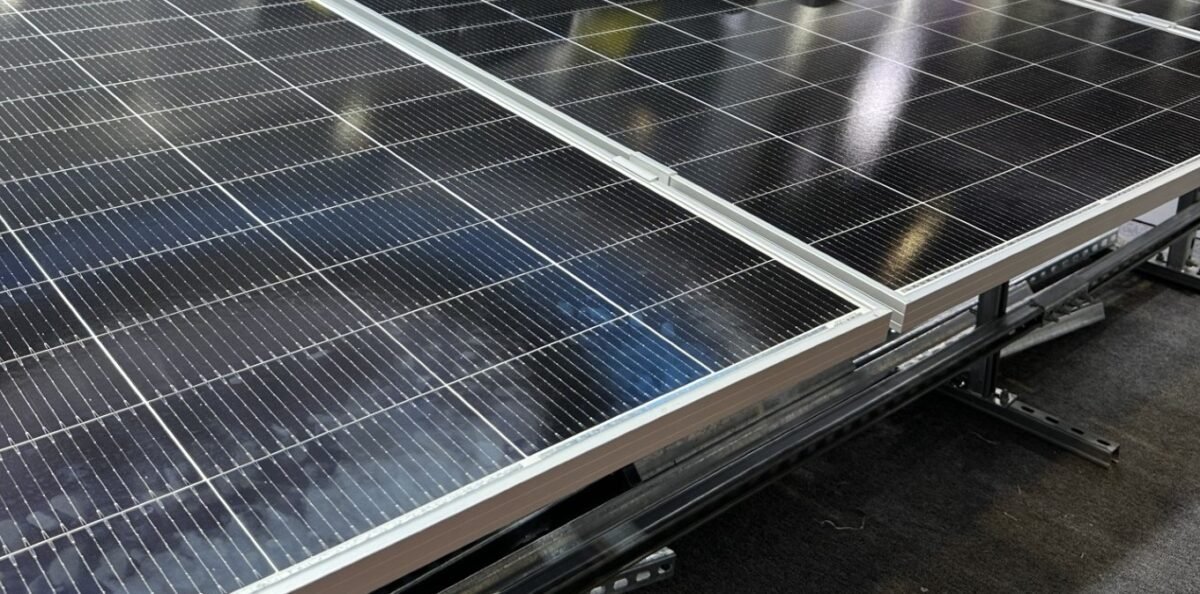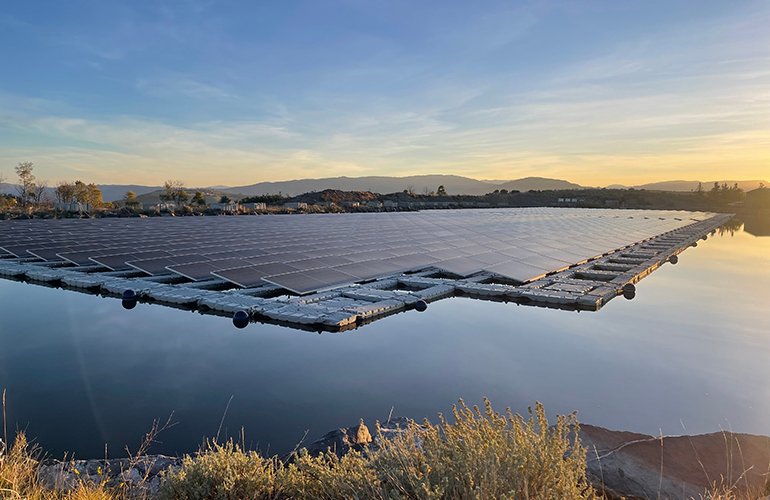Beauflor USA Launches Largest Atlanta Rooftop Solar Array
Flooring manufacturer Beauflor USA just flipped the switch on metro Atlanta’s largest rooftop solar project—a move that’s equal parts environmental stewardship and sharp business strategy. Emile Coopman, their Continuous Improvement Manager, puts it plainly: “This isn’t just about going green. It’s about locking in energy costs for decades.” Partnering with local experts Cherry Street Energy, the company’s massive PV installation now blankets their facility, slashing emissions and buffering against volatile utility rates.
Why Big Roofs Mean Big Savings
At first glance, a flooring factory might not scream “solar pioneer.” But flat, expansive rooftops are prime real estate for panels. Beauflor’s system—likely pushing 1 MW capacity—showcases how industrial spaces can turn idle square footage into profit centers. Think about it: no land leases, minimal permitting headaches, and energy generation right where it’s consumed. Grid-tied systems like this often achieve payback in 5-7 years, especially with Georgia’s net metering policies.
The Southern Solar Equation
Some argue humidity and haze hurt panel output. Yet Atlanta’s 218 sunny days annually (hello, 4.5 peak sun hours!) make it a hidden gem for renewables. Modern monocrystalline panels shrug off heat better than older models, and smart inverters—think SolarEdge or SMA—optimize output even on partly cloudy days. This reminds me of a Nashville brewery project where panels outperformed estimates by 9% year-one.
Manufacturing’s Energy Crossroads
Traditional factories bleed cash on peak demand charges. Solar smooths those spikes, but here’s the twist: Beauflor paired their array with zero batteries. Why? Georgia Power’s commercial rates still favor straight grid feedback over storage—for now. As time-of-use rates spread, adding Tesla Powerpacks later could be a no-brainer.
Beyond the Tax Credits
Yes, the 30% federal ITC sweetens the deal. But savvy operators like Beauflor stack depreciation benefits (MACRS) and local utility rebates. Cherry Street Energy’s PPA model likely let them install $0 upfront—a game-changer for mid-size manufacturers wary of capex.
What This Means for the Industry
Projects like this prove solar isn’t just for tech giants. When a flooring plant outpaces Atlanta’s corporate solar leaders, it signals a tipping point. Reliability isn’t a luxury; it’s non-negotiable for keeping extrusion lines humming. With modules now under $0.30/Watt, expect more heartland manufacturers to follow Beauflor’s lead—one sun-drenched rooftop at a time.






